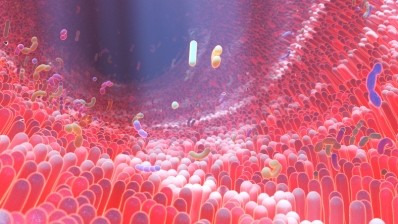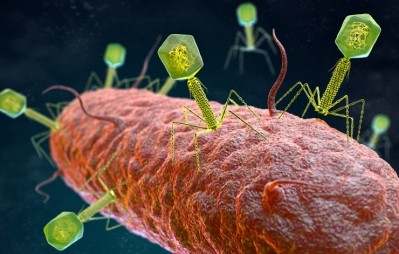Synlogic to boost manufacturing by 50% to support late-stage development

The Massachusetts-based biotech is developing synthetic live bacterial therapeutics using tools and components including a proprietary library of synthetic biology parts. As Synlogic is manufacturing live bacteria, its production process differs from those used to make traditional biologics.
Synlogic invested in its internal capabilities to handle the novel modality, establishing both lab-scale production capabilities to support its early-stage work and fermentation, downstream harvesting and lyophilisation capacities to enable the production of materials for early and mid-phase clinical trials.
Now, with its co-lead candidates closing in on the start of late-stage development, Synlogic is again investing in its in-house capabilities to ensure it has the means to support the advancement of its pipeline.
“By building a fully integrated internal process development and manufacturing infrastructure, Synlogic will be able to respond quickly to the needs of our clinical program and ensure the rapid progress of our pipeline. Completion of the build out this year sets us up for a rapid transition to late-stage development of our metabolic portfolio after potential proof-of-concept readouts in the second half of 2021,” said Aoife Brennan, CEO of Synlogic, on a May 13 quarterly results conference call with investors.
Additional fermentation and lyophilisation capacity
The construction and build out of additional fermentation and lyophilisation capacity, which is set to take place in the second half of 2021, will equip Synlogic to produce larger volumes of SYNB1618 and SYNB8802.
SYNB1618 is designed to metabolise Phe, an amino acid found in food that builds up to toxic levels in patients with the inherited metabolic disease, phenylketonuria. By metabolising Phe, SYNB1618 may be able to spare children from the serious neurological and neuropsychological problems associated with the disease.
SYNB8802 is also in clinical development as a treatment for the acquired metabolic disorder enteric, hyperoxaluria. The engineered drug candidate moved into a Phase 1b clinical trial earlier this year on the strength of evidence it consumes oxalate in the gastrointestinal tract, thereby lowering urinary levels of the molecule and potentially reducing kidney damage.
The upcoming readouts from trials of SYNB1618 and SYNB8802 are big moments for Synlogic. In 2019, Synlogic stopped development of SYNB1020 after a Phase 1b/2a study found it failed to lower blood ammonia levels. Weak data on SYNB1618 and SYNB8802 could torpedo those candidates but Synlogic is confident enough to start preparing for late-stage development.
“We have a very capital-efficient approach to our manufacturing capability in which we partner with an on-demand cleanroom provider, so we feel very comfortable that we can make this investment off the strength of the balance sheet,” said Daniel Rosan, head of finance and investor relations at Synlogic.
Rosan expects Synlogic’s cash burn to be “incrementally higher” in 2022 as the company starts to make drug substance and material for late-stage development, but said the “scale-up will be done in a very capital-efficient way.”










